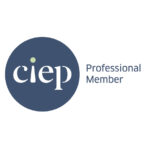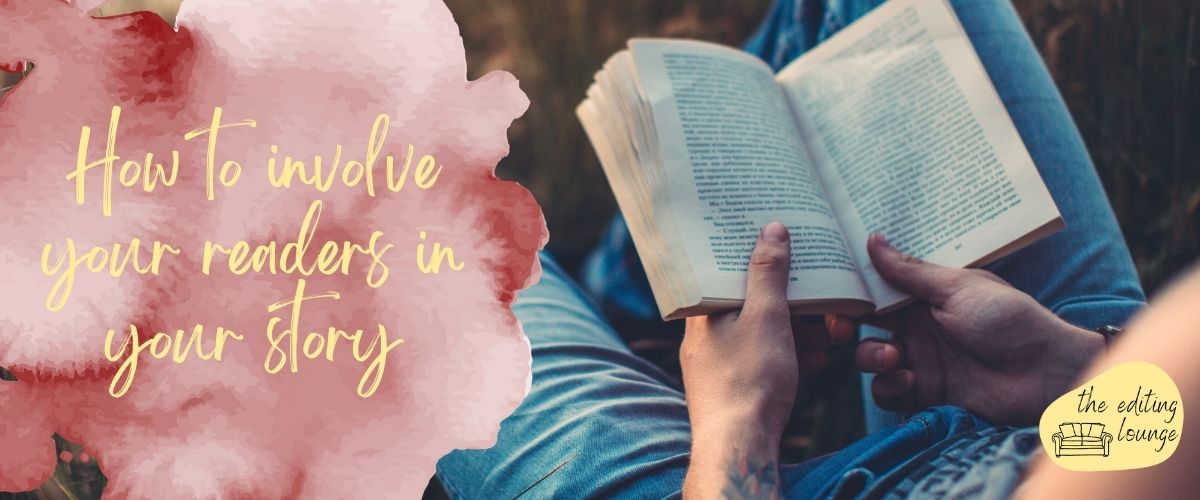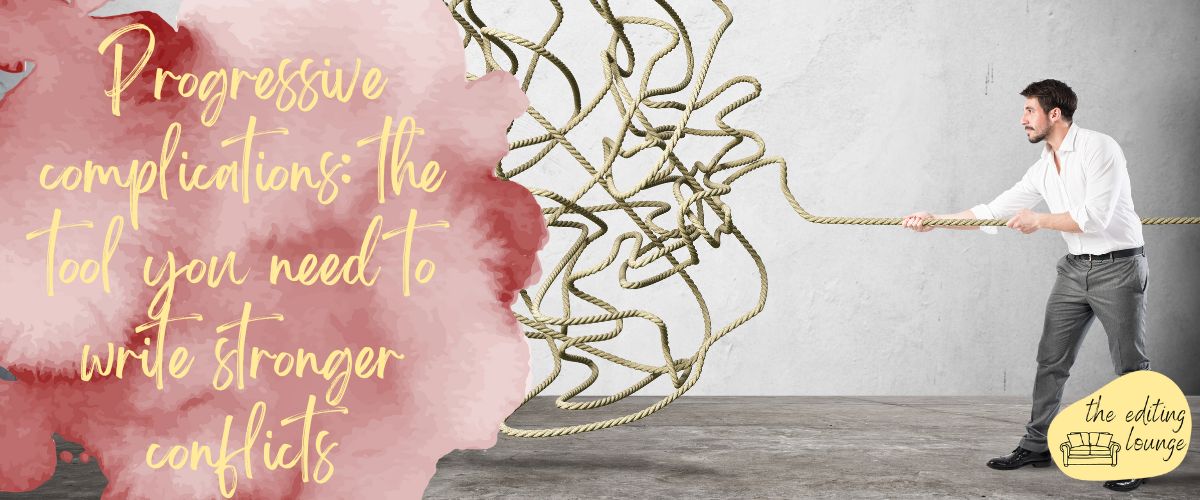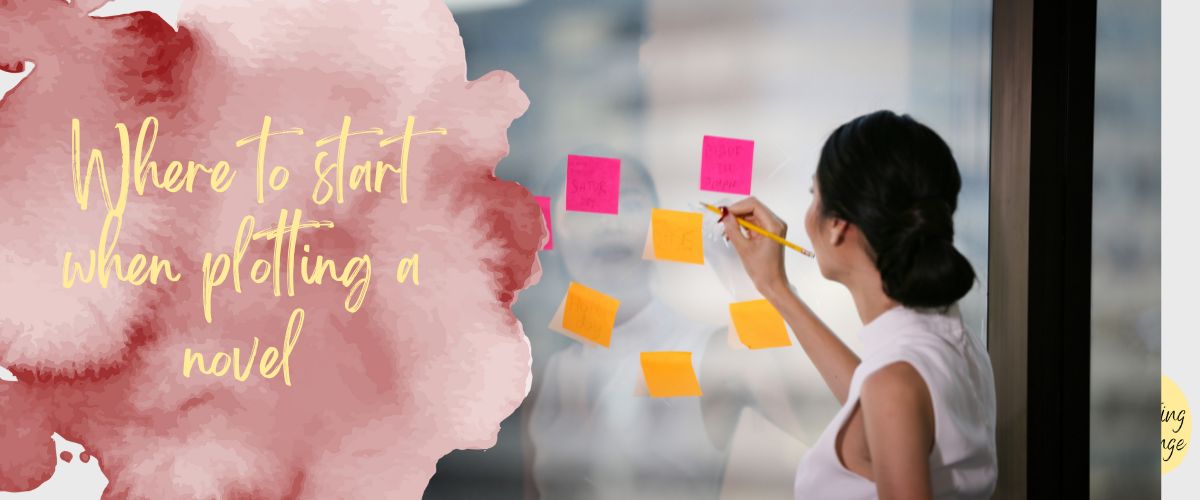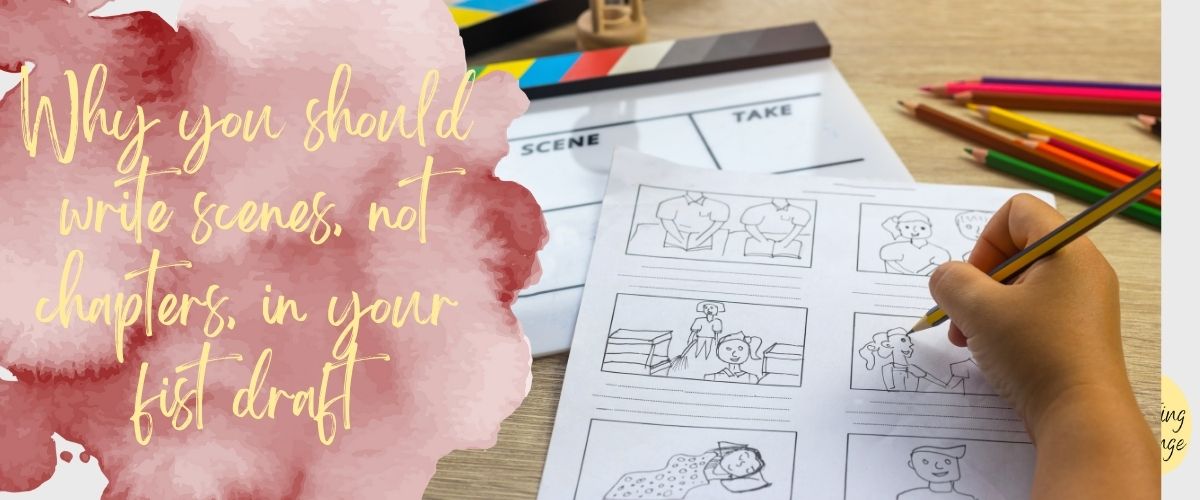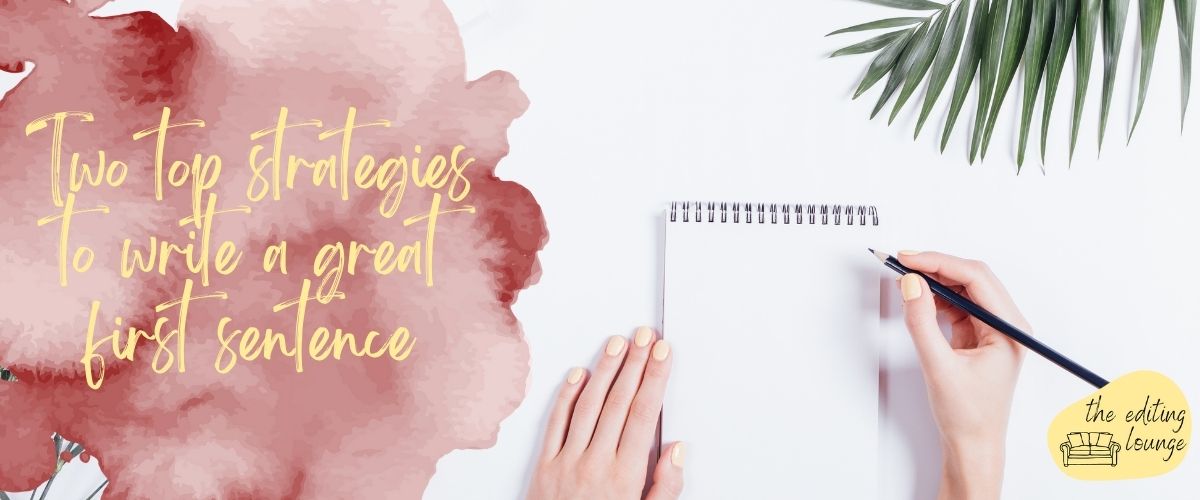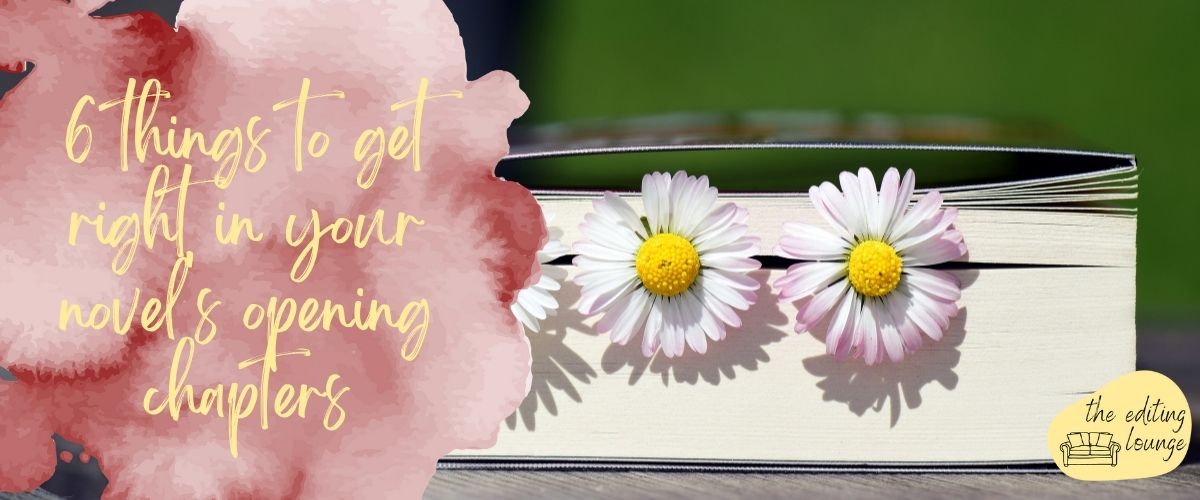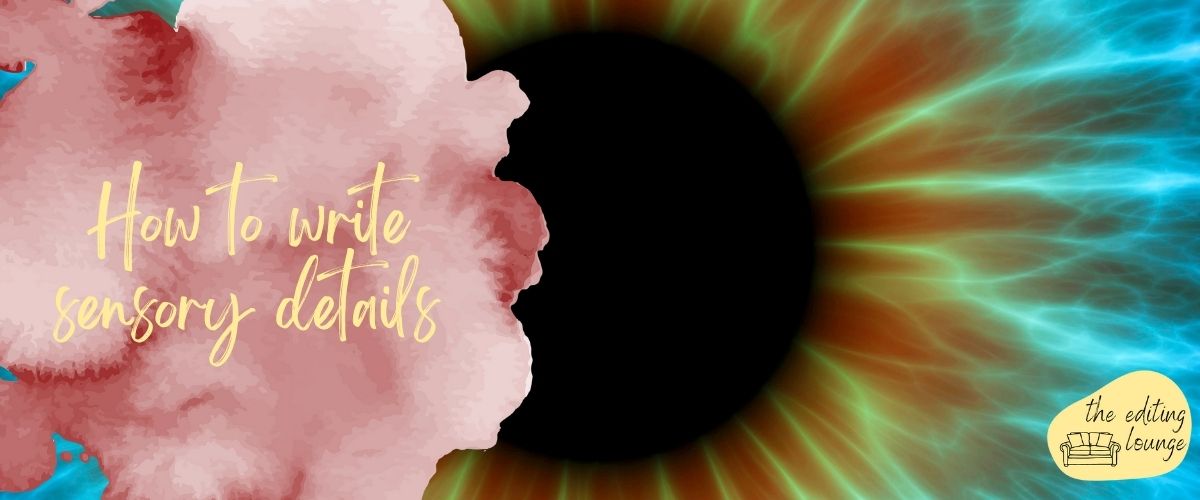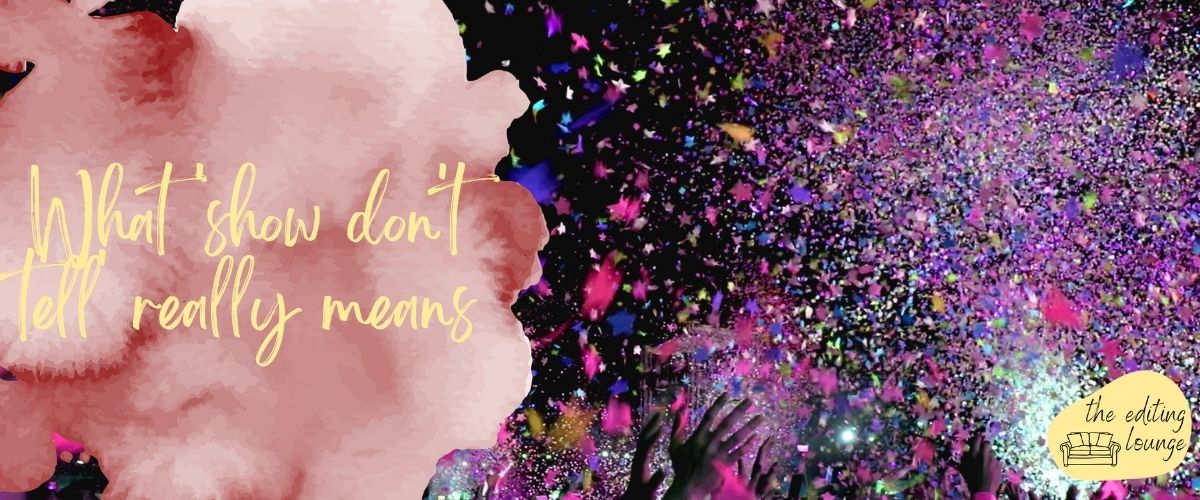Some writers and editors advise other writers not to worry about their audience when writing. They argue that if you write something that feels true to you, your truth will shine through and others will connect with it.
But the issue with this approach is that it forces your audience to remain passive. You never get to know who they are. It’s like having a conversation with a stranger on the other side of a brick wall.
To engage readers, to make them feel as though they’re living with our characters, we must first know who we want to enjoy our stories. We need to know which genders, age groups, and other demographics we should appeal to. When we fictionalise an audience, our audience can fictionalise themselves in the writing.
When asked who their audience is, lots of amateur writers say something along the lines of ‘there’s something in my book for everyone’. But this is never true. Trying to please everyone leads to pleasing no one. And trying to appeal to too broad an audience can underpin your book’s success. So, don’t fall into the common trap of thinking that the broader your market, the bigger chance of success your book has.
Targeting fewer people is often the key to success.
Here’s how you can pinpoint exactly who will enjoy your book.
1. Identify your book genre

It’s important to know what your book genre is so you can stand out amid the hundreds of thousands of books that are published every year. Applying a genre will help readers who are interested in your kind of work filter down to your book.
If your genre combines different genre conventions, you’ll likely find your book falls into a sub-genre. The easiest way to identify your sub-genre is to check out the genres of books that are similar to yours.
If you’re self-publishing on Amazon, you’ll find loads of genre classifications, both specific and targeted, to help you market your book.
It doesn’t matter whether you identify your genre before or while you write your book. You can do this whichever way works for you. As long as you know which genre you’re marketing your book as before you start promotional plans, you’re good.
2. Draw up a reader profile
Every genre has a set of conventions that readers expect to see to fulfil their expectations when they read your book. This doesn’t mean you have to be overly formulaic or restrict your creativity. It just means you need to tick box a few factors that will keep your readers interested.
Speaking of keeping readers interested, it’s really helpful to know who they are when you’re writing. In the same way that a marketer might draw up a buyer persona for their products/services, drawing up a reader persona can help you know exactly who you want to target.
Think about your ideal reader’s age, educational background, hobbies, interests, previous traumas, and lifestyles. Consider the kinds of readers who enjoy books that are similar to yours. Perhaps get in touch with your email list and social media followers.
The more data you collate, the easier you’ll find it to form your own voice and tone.

3. Create an author brand

What are your specific goals for your writing? If you don’t know, how are your readers supposed to? How are they supposed to care? Will they want to buy your book if they don’t know what your writing stands for?
It’s important to show prospective readers what makes your work so compelling, interesting, and different in your brand materials.
Everybody has a brand. The way that you conduct yourself, the opinions you share, and the people you converse with all form your personal brand.
It’s important to think consciously about how you conduct yourself, especially online – where most writers find most of their reach – so you can attract the right readers for your work.
Connecting with your readers
Following these three tips will give you the foundations you need to involve your readers in your story. And when you involve your readers, they’ll feel connected to both you and your book. They’re more likely to become loyal readers who will come back for your next book – and the one after that.
About Charlotte

Charlotte is an award-winning writer and line/copyeditor who writes and edits for clients all over the world. She also works on the fiction team for Ambit, a UK literary and arts magazine.
She holds an international literary prize from Hammond House Publishing Group, two writing-related degrees, various marketing certifications, and training certificates from the Chartered Institute of Editing and Proofreading, of which she is a Professional Member.
Charlotte’s work has appeared in several anthologies, magazines, and literary journals, including Indigomania, Dream Catcher, and The Curlew.
She has also created a series of free self-editing cheat sheets to help new writers hone their fiction before sending their work off to a professional editor.
Progressive complications: the tool you need to write stronger conflicts
Conflict is essential to stories of all kinds. A story can’t exist with conflict. If your character could get whatever they wanted at the beginning of the story, there would be no reason to write it. Whether you’re writing a novel or a short story, conflict is what keeps your story going, what keeps the…
Where to start when plotting a novel
It’s arguable that the most important thing a novel should do is follow an arc of change. If nothing changes, do you really have a story? So, perhaps the first step to take when plotting your novel should be to decide, at the simplest level, what’s going to change. That’s easier said than done, but…
Why you should write scenes, not chapters, in your first draft
Plotting and writing a string of chapters long enough to fill a book is daunting. It’s impossible to know how many chapters you’ll need. And it’s impossible to order all of your chapters before you start writing and feeling your way around. That’s why it’s much easier to write your first draft in scenes instead…
How to write a love triangle
Although readers love a well-written love triangle, writing one is easier said than done. Love triangles that aren’t carefully plotted often end up predictable and clichéd. But when well developed and carefully thought out, love triangles can be great, moving plot devices that strengthen your story. What is a love triangle? A love triangle is…
3 ways to work out what your story theme is
I don’t need to know what my story theme is, I hear you say. Just let me crack on with my writing. I know. Hitting pause to think about your theme doesn’t feel like a priority when you’ve got all these great story ideas to get down on paper. Plus, some writers feel that identifying…
2 top strategies to write a great first sentence
Regardless of which genre you write, your first sentence needs to seduce your readers. Perhaps your first sentence is an invitation. A promise. A tease. A shock. A declaration. Whichever approach you adopt, this sentence must be irresistible. It must hook readers and pull them into the page. (Remember that lots of potential buyers read…
6 things to get right in your novel’s opening chapters
Writing a novel is a massive undertaking, regardless of how many books you’ve already written. And, no matter how many how-to books you’ve read and how many fiction workshops you’ve attended, it’s easy to miss the fundamentals when writing your opening chapters. When you submit your novel to an agent or publisher, they will almost…
How to write sensory details
When we include sensory details in our writing, we can evoke our readers’ senses of sight, sound, touch, taste, and smell. This is because painting a strong scene in your reader’s imagination helps them pull similar scenes from their own memories. Here, we’ll explore the science behind why evoking the senses can be so compelling…
What ‘show don’t tell’ really means
Lots of editors are quick to tell writers ‘show, don’t tell’. But this advice has been given so many times that we often forget to explain what it really means. I’ll break down the concept here so you can make the most of this advice. In brief, ‘telling’ is explaining what’s happening. Meanwhile, ‘showing’ is…
Using specific detail to bring your writing to life
Adding detail is essential to writing great fiction. But how specific is the detail in your manuscript? If I had received a pound for every time one of my writing tutors circled a phrase in my fiction with a note saying ‘specific detail please’ during my MA days, I’d be rich. There are likely lots…
